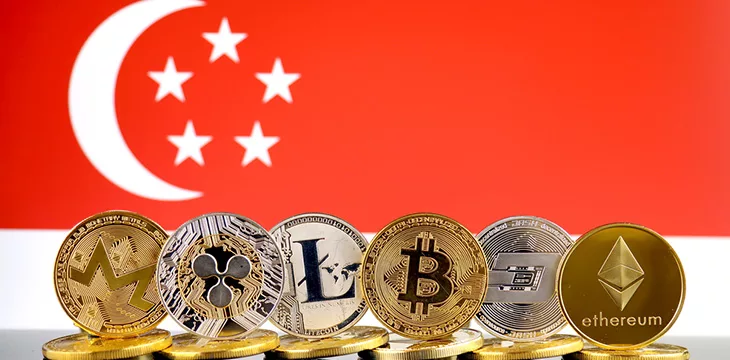|
Getting your Trinity Audio player ready...
|
Following black swan collapses in the global digital asset industry, Singapore has embarked on a crusade to protect investors from associated risks, leaning on heightened regulatory monitoring and actions.
The latest move is unveiling proposed rules by the Monetary Authority of Singapore (MAS), the country’s central bank, to regulate the activities of Digital Payment Token (DPT) service providers. The proposal stems from a public consultation launched by the MAS to quash retail investors’ rising trend of speculative activity using digital currencies.
Going forward, the banking regulator says it will roll out new guidelines for DPTs and exchanges to adhere to, in line with the majority of received responses to its public consultation. The rules, expected to be operative in mid-2024, will contain provisions for listing DPTs, methods of handling conflicts of interest, and procedures to handle customer complaints.
The statement disclosed that the bulk of the incoming rulebook will contain clauses designed to stifle speculative trading activity in Singapore. Per the statement, service providers will adhere to five major guidelines, with the first bordering on tests to determine the customers’ risk awareness before granting access to DPT services.
Under the second arm, service providers will be barred from offering any incentive to customers to trade digital currencies, while the third is a blanket ban on margin and leverage. DPT service providers will not be allowed to accept locally issued credit card payments and will be forced to limit the value of digital currencies to determine customer’s net worth.
The incoming rules will require service providers to “maintain high availability and recoverability of their critical systems” with the central bank urging investors to remain vigilant in their dealings with digital currencies.
“DPT service providers have the obligation to safeguard the interests of consumers who interact with their platforms and use their services,” said Ho Hern Shin, Deputy Managing Director of Financial Supervision.”
“While these business conduct and consumer access measures can help meet this objective, they cannot insulate customers from losses associated with the inherently speculative and highly risky nature of cryptocurrency trading.”
Tightening the screws
Since the last quarter of 2022, Singapore has been tightening the screws in the digital currency ecosystem with a barrage of regulations and enforcement actions. The High Court of Singapore designated digital assets as trustable property, bringing the asset class under the purview of existing property laws.
After imposing a nine-year capital market ban on the founders of Three Arrows Capital (3AC), Singapore rolled out a new regulatory framework for stablecoins, hinging on appropriate disclosures and minimum base capital for issuers.
In July, MAS ordered digital currency exchange providers to hold all customer assets in a statutory trust and segregate funds in a valiant attempt to prevent a repeat of industry black swan events.
Watch: Digital currency regulation and the role of BSV blockchain

 07-12-2025
07-12-2025 





